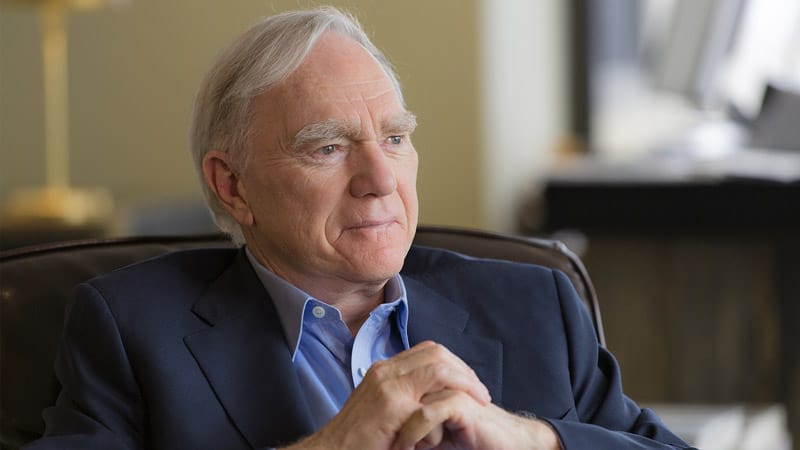Some advice you’ve heard is probably ‘be confident’. Other times you’re told ‘be humble’. You’re told to ‘trust your intuition’ and ‘go with the facts’. You’re told to ‘engage your followers every day’ and ‘be mysterious and use the principle of scarcity’. We are given tons of nuggets of wisdom like these all the time in the self-improvement world. What I wanted to do here is look at just these three opposing suggestions to understand more about which pieces of advice to take, when and how.
Confidence vs Humility
Confidence is a proven success strategy in influence. When you are confident, people are more likely to believe you. Even before they have established your actual credibility, your confidence persuades them massively. There are a number of very successful politicians throughout history who oozed confidence despite being a little out of their depth. Nonetheless, they held huge support because people believed as a result of their belief.
Humility and modesty are very highly valued in most cultures. Not needing to tell others how great you are and showing your flawed, human side is greatly revered and appreciated. People are more likeable the humbler they are which, in turn, makes them more persuasive. So, how to we reconcile these two?
Being confident means that you express how sure you are of what you are saying or communicating. You can, at the same time, be just as confident about any weaknesses or flaws you might have. By doing this, you are showing both sides of yourself to others. Furthermore, some audiences have their guard up because they are thinking of you as potentially arrogant. With those people, leaning into your modesty is crucial. With audiences that are evaluating how much you know what you are talking about leaning into your confidence is more important.
Your Intuition vs The Facts
Going with your intuition is an age old strategy for making many decisions. There are millions out there that will mercilessly defend their ‘gut’ and its wisdom in helping them to make the decisions they’ve made. Indeed, this can sometimes be more accurate than a longer, more analytical process.
Most people will agree that facts and logic are the best things that you can use if you want to understand what’s going on and what is the best decision in a certain situation. How do we bring these two pieces of advice together?
Your gut feeling tends to be quite accurate however, your other feelings are often mistaken for your gut. It’s important to use facts and evidence available to evaluate how likely your gut feeling is accurate or not. It’s also important to ask yourself if there are other factors that are influencing or attempting to influence your feelings connected to the decision. For example, if there is a lot at stake then it’s going to be harder to understand what is and isn’t a gut response.
So, evaluate if your feelings are really what you ‘sense’ is the right thing to do or if you are influenced by your fears or desires. Also combine both your gut and logical reasoning to come to any conclusion.
Engagement vs Scarcity
Particularly with regard to social media, we are told that we need to engage, engage, engage. The benefits of this is obvious: the more you engage with them, the deeper a relationship you build with your audience. There is, however, the other piece of advice given on not making yourself too accessible as people tend to value most what is hard to get. How to we understand this discrepancy?
If you wanted to market something that was scarce and hard to get, how would you do it? Well, the art is to make people know as much as possible about how scarce it is. In order to do this, you need to engage as much as possible at one level. Give people an opportunity to see your uniqueness and get to know you. Provide super value for them. Then, offer the opportunity to get really unique, advanced, high value offerings to a select group of people. This maintains the scarcity factor to some extent as you are making a level of contact with you scarce while engaging regularly at a less deep level.
These are just some examples that may be helpful in navigating your way through the many paradoxes inherent in the self-improvement industry. Hope you find them useful.





